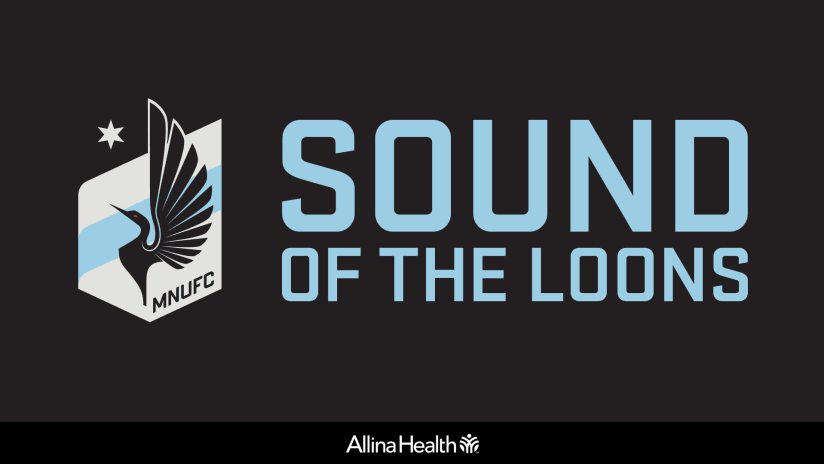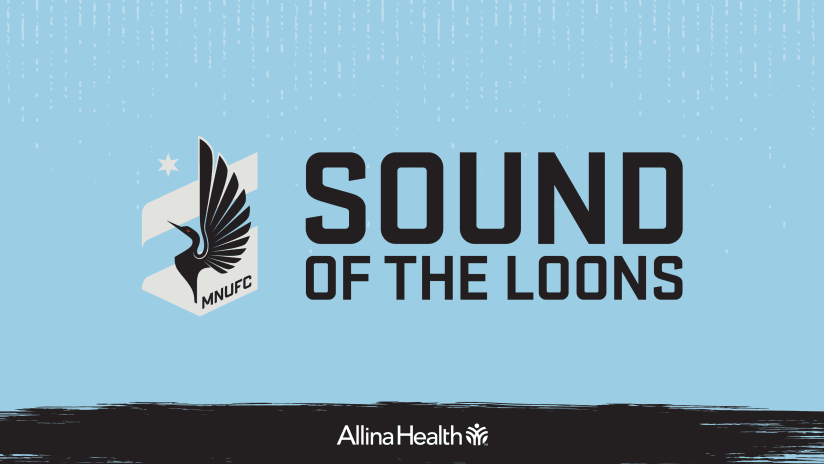We have an important message for you: You are important. You are valued. Your mental health matters.
Everyone’s got areas where we thrive, and everyone’s got aspects of life that give us some trouble from time to time. We’re all beautifully different, and the landscape of your mental health has the same hills and valleys that any other aspect of individuality does. That’s why Minnesota United is once again partnering with organizations like Allina Health, RECLAIM, NAMI Minnesota, and others to provide resources that can help us take steps toward breaking the stigma surrounding this topic and continue working together to support our collective growth, wherever we are along the journey.























